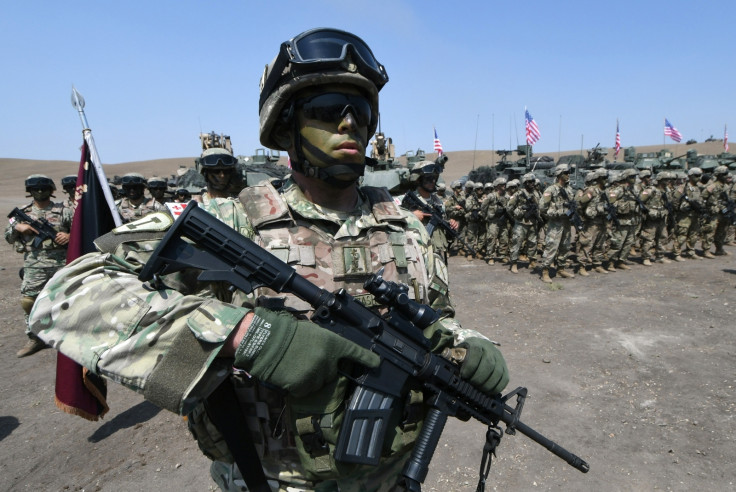US Army working on a device that can assess traumatic brain injury on the battlefield
Traumatic brain injury, when not treated soon could significantly increase chances of developing Alzheimer's.

The US Army Medical Research and Materiel Command has awarded a contract worth close to $10m (£7.6m) to Neural Analytics, a company that designs and builds medical instruments, for the development of a device that can help quickly determine if a person has received a head injury and how severe it is instantly on the battlefield.
According to a Military Times report, the device, named Lucid System, will be made to monitor and detect physical signs of traumatic brain injury.
Leo Petrossian, chief executive officer of Neural Analytics told the Army Times "Our objective is to build an instrument for someone with little or no training that they can use reliably."
The Lucid System should require only about half an hour of training for the soldier to use in battle, says the report. This means any soldier will have the capability to take immediate action to save a life. A software will be designed in such a way that most of the thinking and analysis is left to the device, as soldiers are likely to deal with multiple things happening at once, says the report.
Giving more data to a medic is not what Lucid will be doing, added Petrossian, rather, it will read the injury, make an assessment and tell the medic how bad the injury is. Medics should be able to get directly to the treatment if needed. There are chances for brain injuries to happen without there being any real physical signs or obvious symptoms, says the report.
According to Petrossian, his company has already spent over four years developing the software that can read and assess brain injury and that they will have to develop the hardware, make it rugged, reliable, and power it to work in various branches of the armed forces. Development of the device is reportedly expected to happen in the next 18 months and by March 2019, it should be ready.
After development, the next two years will go into testing and getting approvals from the Army, and FDA, and then manufacturing will start, he added. The team is also reportedly working on civilian applications for the Lucid System.
Traumatic brain injury (TBI) is known to have several long-term effects on soldiers with the chances of veterans developing Alzheimer's at a much higher rate than the general population.
Soldiers suffering TBI is one of the signatures of modern wars, with more than 370,000 first diagnoses recorded since 2000, according to the Defense and Veterans Brain Injury Center. Army veterans have reported more than 200,000 of these cases, with the navy and air force making up the rest of the numbers.





















